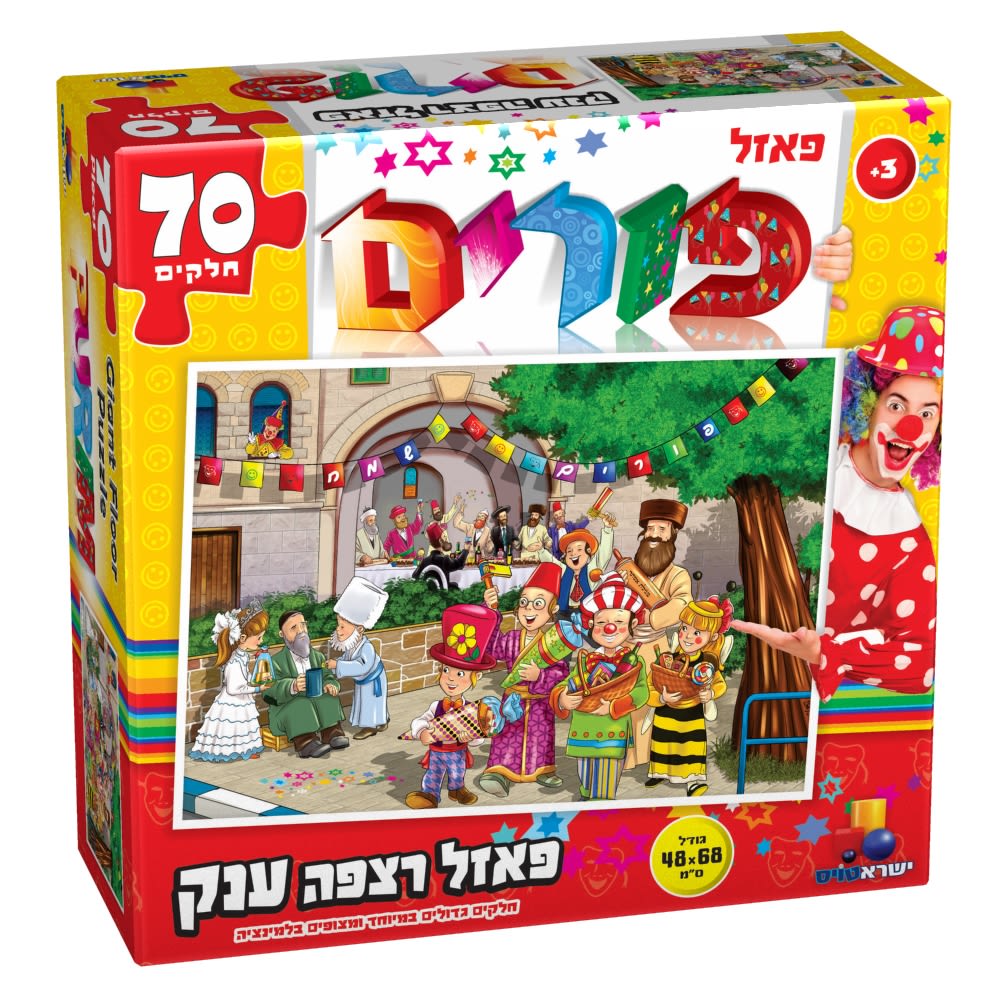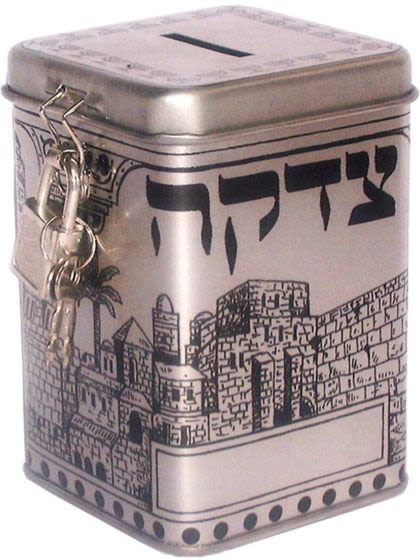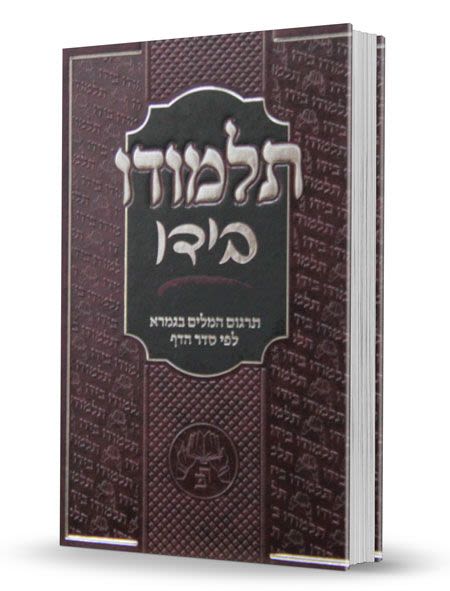
Re’eh: Clothes and a Woman’s Soul
In the Land of Israel, women do not need fancy garments to impress or surpass anyone. Our unity with each other and with G-d can be expressed through simplicity.

Parshat Re’eh
REJOICING IN OUR WRAPPINGS
“You shall rejoice in your festival, you and your son, your daughter, your servant, your maidservant, the Levite, the stranger, the fatherless, and the widow, that are within your gates” (Devarim 16:14). “Rejoicing in your festival” comprises a celebration in Jerusalem, involving partaking of the sacrifices brought to the Temple. Our Sages teach that women are also obligated to rejoice in the peace offerings of joy (Mishnah Berurah, 529:15).
In addition, rejoicing includes drinking wine, dressing up in new clothes, giving out fruits and candies to the children, playing music and singing in Jerusalem. Rambam explains that each person needs to rejoice in the way most appropriate for him or her. He notes that children enjoy nuts and sweets; men primarily become happy through eating meat and drinking wine; whereas women delight in wearing new clothing and jewelry (Rambam, the laws of Holidays, 6:18).
REJOICING FOR THE SAKE OF G-D
According to Sefer Chinuch (mitzvah 488), the root of the mitzvah is that people need to celebrate periodically in the same way that we need food, rest and sleep. G-d, however, desired that we dedicate this joy to His name, in order that we should find merit before Him in all our doings. Therefore, He established the pilgrim festivals to remember the miracles and the goodness, which He bestows upon us. At these times, we fulfill Hashem’s mitzvah by nourishing our physical needs, celebrating with the good things of life, and acknowledging the ultimate provider. When our satisfaction and happiness are for the sake of G-d, we are assured that our joy will remain within the boundaries of what is proper, without going overboard.
APPEARANCE AS A WAY OF SELF-EXPRESSION
In suggesting the different ways men and women achieve happiness; our Sages demonstrate their perception of the fundamental difference between the sexes.
Let us try to tune into the question of why men rejoice through wine and women through beautiful clothes. “When wine goes in, the secrets come out” (Eruvin 65b). Wine helps to express our innermost thoughts and feelings.
When men get moody, they often withdraw and refuse to express their feelings. John Gray writes in Men are from Mars, Women are from Venus: “When a man is stressed he will withdraw into the cave of his mind and focus on solving a problem… At such times, he becomes increasingly distant, forgetful, unresponsive, and preoccupied in his relationships…”It is certainly possible that a little wine can help a man come out of his “cave”, express his inner feelings and get relief from his emotional isolation. Then, he will be able to relate to his wife, and thus find ultimate happiness.
A woman does not have the same difficulty expressing herself verbally. She actually loves to express herself, both through words and through her appearance. It is important for her to be adored by her man, as John Gray writes, “A woman thrives when she feels adored and special. A man fulfills her need to be loved when he makes her feelings and needs more important than his other interests…” By accentuating her beauty through her mode of dress, she not only enjoys expressing herself, but is also better able to attract the attention of her man.
A BEAUTIFUL GARMENT FOR HER SOUL
Women are drawn to beauty and harmony. Therefore, we delight in beautiful garments. Just as wine helps a man bring out his thoughts and express himself, similarly, through her clothing, a woman expresses the creativity of her soul. The halachic requirement for man to wear a belt when he prays to Hashem indicates that men are required to make a conscious separation between their upper spiritual soul and lower physical body (Shulchan Aruch, Orach Chayim 91:2).
However a woman’s body is a much more refined garment for her soul. This is reflected in the beautiful dresses with which she wraps her body that become an extension of her spirit. Therefore, no division is necessary. Nice clothing makes her happy, because it enables her to beautify and express her innermost being.
THE BEAUTY OF SIMPLICITY AND THE WOMEN OF THE LAND
In the discussion in the Talmud regarding the kinds of clothing that makes women happy, Rabbi Yosef relates that the women of Babylon enjoy multicolored garments; whereas the women of the Land of Israel prefer clothes made of white, ironed linen (Pesachim 109a). Representing those who are in exile, the women of Babylon express themselves in fancy, multicolored robes. In contrast, the women of the Land of Israel are happy to cover themselves with simple white linen dresses.
From my experience living both in exile and in Israel, I have noticed that this difference of attire is still in effect. Multicolored fancy garments are an expression of the fragmentation of exile, whereas the closeness to the One and only G-d in Israel is expressed through simplicity. The color white derives from blending all the colors in perfect harmony, letting the light shine through each of them equally. Therefore, in the Land of Israel, women do not need fancy garments to impress or surpass anyone. Our unity with each other and with G-d can be expressed through simplicity.
***
Rebbetzin Chana Bracha Siegelbaum is Director of Midreshet B’erot Bat Ayin in Gush Etzion. This article is an excerpt from her book Women at the Crossroads: A Woman’s Perspective on the Weekly Torah Portion, reviewed by The Jerusalem Post, The Jewish Press, Voices Magazine, Good Reads, and WordPress/JewishPress and more. To order this book, click here.










8/03/2013
Hi, Rebbetzin! 🙂 Nice to see you published on this website! 🙂
8/03/2013
Nice to see you published on this website! 🙂